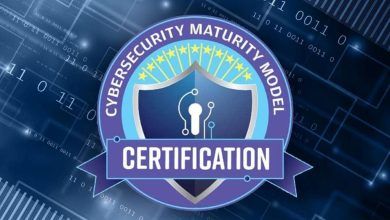How to Ensure Your Business CCTV Installation Complies with Data Protection Law
Installing CCTV can help protect your business, staff and customers, but if you’re not careful, it can also land you in hot water. In the UK, business CCTV is covered by data protection law, and that means you can’t just stick up cameras wherever you like and hit record. You’ve got to follow the rules.
Know Why You’re Using CCTV
Start by thinking about your reason for using CCTV from experts like //apmfireandsecurity.com/cctv-installation/cctv-installation-swindon/. Are you trying to prevent theft? Monitor entry points? Protect staff after hours? Whatever the reason, it needs to be clear and justifiable. If you don’t have a valid reason, you shouldn’t be filming people, especially not in areas where they expect privacy.
Put Up Clear Signs
If people are being recorded, they need to know, and that means clear, visible signs that explain CCTV Swindon is in use and who to contact if they have questions. It’s not just polite – it’s legally required.
Keep Footage Safe
CCTV footage is personal data, so that means it needs to be protected just like customer records or payroll information. Keep your system secure, limit access to it, and make sure only trusted people can view or manage the recordings.
Don’t Store Footage Indefinitely
You shouldn’t store footage longer than necessary. Most businesses delete recordings after about 30 days unless there’s a specific reason to keep it, because the idea is to use the footage for what it was meant for – not store it forever just in case.
Respond to Requests Quickly
Anyone who appears on your CCTV has the right to ask for a copy of that footage. If they do, you’ve got to respond, usually within a month, and provide it for free. Make sure your system lets you find and share specific clips easily.
Final Thoughts
Running a business comes with plenty of responsibilities, and CCTV is no different. If you’re using it, take the time to get it right so your team, customers and reputation all stay protected.



